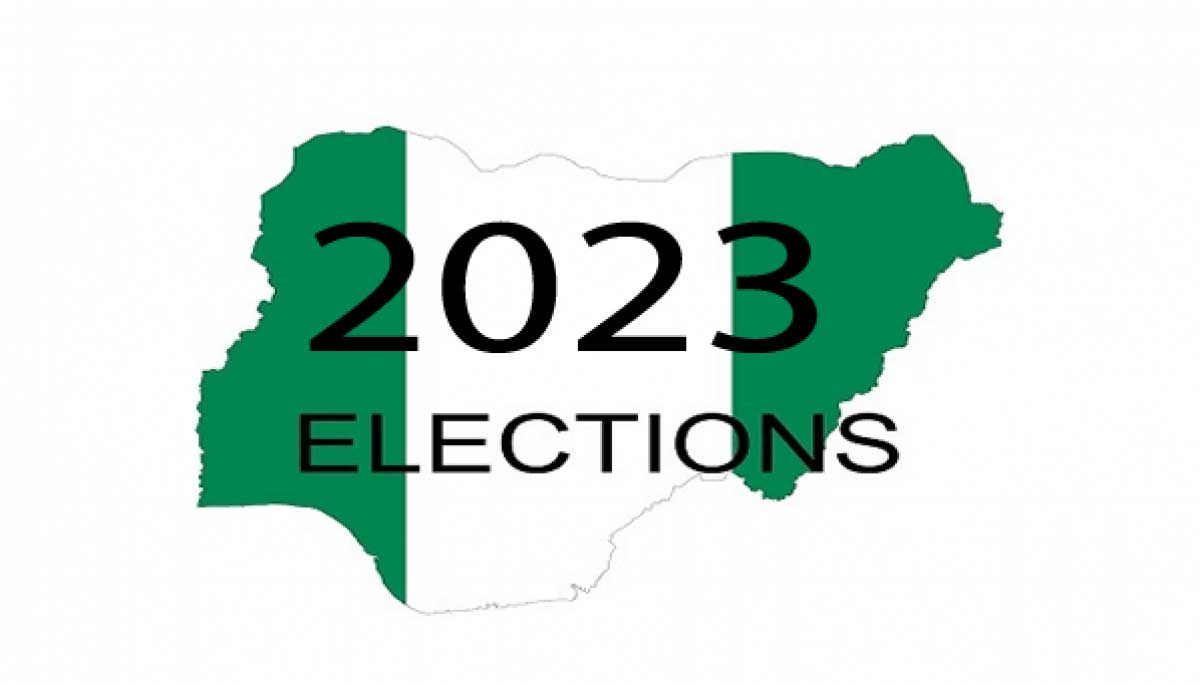
Some Nigerians in rural areas have declared that issues of insecurity, unemployment, weak economy and bad governance would largely influence their voting choices ahead of the 2023 presidential poll.
A study of results obtained from recent opinion polls conducted among registered voters in rural communities across the country shows that eight out of 10 respondents (83.16 per cent) insist on not changing their minds before the polls.
The independent survey conducted by Nextier, a policy think-tank, largely entails a face-to-face poll of registered voters in rural communities in 12 states in Nigeria.
The survey defines rural communities as local government areas without tertiary educational institutions. The researchers intentionally excluded state capitals and other urban areas, which other recent surveys had concentrated on.
The survey team conducted the polls in two states in each of the six geopolitical zones in the country, targeting one Peoples Democratic Party (PDP)-controlled state and one All Progressives Congress (APC)-controlled state, in each geopolitical region.
The APC and PDP are the major political parties with vast membership and ‘structures’ across all geopolitical zones. Nigeria has six geopolitical zones: North Central, North East, North West, South South, South East, and South West.
To ensure objectivity, the survey excluded the home states of the leading presidential and vice presidential candidates of the major parties.
In the survey results released over the weekend, Nextier said it used a sample size of 2,000 respondents. The states in the survey included Nasarawa (APC), Benue (PDP), Gombe (APC), Bauchi (PDP), Kebbi (APC), Sokoto (PDP), Cross River (APC), Edo (PDP), Imo (APC), Abia (PDP), Ogun (APC), and Oyo (PDP).
Survey respondents stated that radio, social media, and family/friends are the main channels through which they get information on the presidential candidates and make their choices.
It is instructive that with just about three months to the elections, eight out of 10 respondents “are definite that nothing will make them change their minds and vote for another candidate.”
The survey generated a margin of error of 2.2 per cent at a 95 per cent confidence interval. The survey sample population was representative of age and gender demographics in the states, as backed up by the graphics released alongside the report.
It further emphasised that all survey respondents are registered to vote in the 2023 elections.
“The poll yielded key insights into voter preferences and the key issues that could shape the 2023 presidential election.
“76.2 per cent of survey respondents stated that Nigeria is moving in the wrong direction. Survey respondents stated that insecurity, bad governance, unemployment and a weak economy are the most important issues in Nigeria today they want someone to solve,” a summary of the report explains.
Also, “among survey respondents in rural communities in 12 Nigerian states, Atiku Abubakar and Bola Tinubu are preferred by respondents with no educational attainments or people who chose not to disclose their educational status.”
Overall, polling on voting intention shows Peter Obi leading with 40.37 per cent of the survey respondents, with Atiku Abubakar at 26.7 per cent while Bola Tinubu is at 20.47 per cent.
The regional view provides a clearer definition of survey respondents’ voting preferences. Atiku Abubakar leads in North West with 59.8 per cent and in the North East with 50.3 per cent, with Bola Tinubu as second in those regions with 25.4 per cent and 27.2 per cent, respectively.
Peter Obi leads in the North Central with 59.8 per cent, South South with 67.3 per cent and South East with 94 per cent.
The South West is the most contested region, with Bola Tinubu leading with 37.4 per cent and Peter Obi in second place with 24 per cent.
About 19.8 per cent of the surveyed voters in the region are still undecided on their preferred candidate. Also, on the ‘net favourability’ index, Atiku Abubakar is at +17.3 per cent, while Bola Tinubu follows at 4.98 per cent. Peter Obi garnered +30 per cent, while Rabiu Kwankwaso of the New Nigeria Peoples Party has the least net favourability among the four leading candidates at -8.70 per cent.



